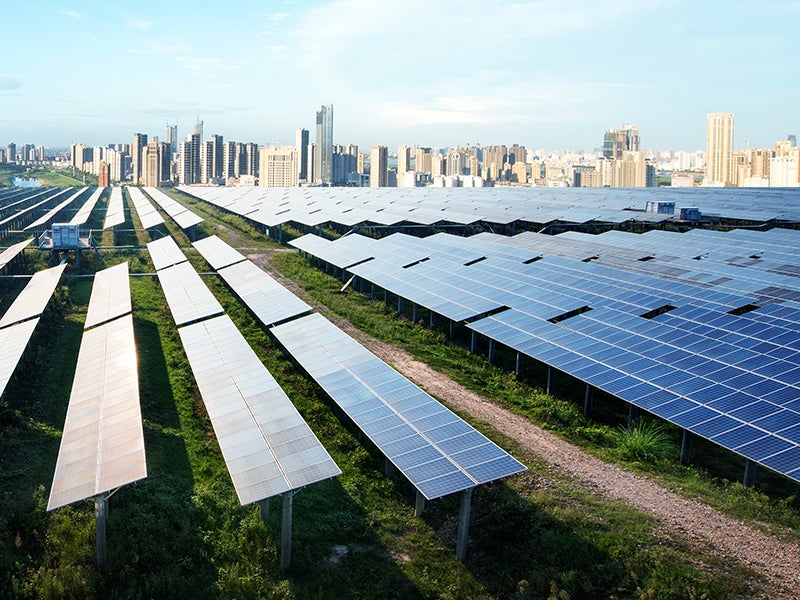California Just Became the Largest Economy in the World to Commit to Zero Carbon Electricity
Victory
—With SB 100, California’s legislature commits the state to 100% clean energy grid with no coal or natural gas — now the bill is on its way to Governor Brown’s desk
Contacts
Zoe Woodcraft, Earthjustice, (415) 217-2071, (c) (818) 606-7509
Today, the California Assembly passed Senate Bill 100 (SB 100), legislation that will transition the state’s energy grid to 100% clean energy by 2045. California’s commitment to clean energy comes as the Trump administration is dismantling protective standards for power plants and car emissions, unleashing climate and air pollution in communities across the country. SB 100 will now go once more to the California State Senate as a formality before it heads to Gov. Jerry Brown’s desk.
“California just became the largest economy in the world to commit to a 100% clean energy grid,” said Paul Cort, an Earthjustice attorney who leads the California Right to Zero campaign. “While Trump is taking the nation backwards by deregulating and subsidizing the coal, oil, and natural gas industries in D.C., California is rolling up its sleeves to build bold climate protections. Already home to 500,000 clean energy jobs and the largest manufacturing powerhouse in the United States, California is proving that it can be done.”
“SB 100 is an inventive blueprint for California — and other states and countries — to safeguard the climate in a time of otherwise dangerous capitulations to polluting fossil fuel companies. We’re looking forward to Governor Brown signing the bill just in time for the state’s climate summit.”
Thousands of Californians wrote and called their legislators urging support for SB 100 over the last year. A full 72% of Californians supported SB 100’s goals in a recent Public Policy Institute of California poll.
California’s History of Surpassing Climate Goals While Growing Its Economy
California has built one of the world’s strongest economies while setting and meeting ambitious environmental goals to protect the climate and clean air for Californians. In July, California Air Resources Board Chair Mary Nichols announced that California had reduced its climate pollution to below 1990 levels four years earlier than the state’s 2020 goal. California’s emissions fell 13% from their 2004 peak while the state’s economy grew by 26%.
The Advanced Energy Economy Institute reports that California has a thriving clean energy economy, with the state hitting 500,000 jobs in clean energy in 2015. California’s solar industry is the largest in the nation, with 100,000 solar jobs in the Golden State.
California’s 2017 energy mix was approximately 34% natural gas, 29% renewable energy, 15% hydropower, 9% nuclear power, 4% coal power, and 9% other sources. Just 10 years ago, the state’s energy mix was 46% natural gas, 18% coal, and only 11% renewable energy.
Building Clean Energy Grids State by State
California is the second state to commit to zero carbon electricity in the United States. In 2015, Hawaii passed a bill to transition the state to 100% renewable energy by 2045. Legislators in Massachusetts have recently considered a bill to power the state with 100% renewable energy by 2047.
Right to Zero is an Earthjustice campaign to create a zero-emissions California by transforming our energy and transportation economies. With renewable electricity and electric transportation, California can clean up the air in the most polluted communities in the country, spur job-creating innovation, and defend our climate. California is ready for zero — and zero is ready for us.

Additional Resources
About Earthjustice
Earthjustice is the premier nonprofit environmental law organization. We wield the power of law and the strength of partnership to protect people's health, to preserve magnificent places and wildlife, to advance clean energy, and to combat climate change. We are here because the earth needs a good lawyer.
